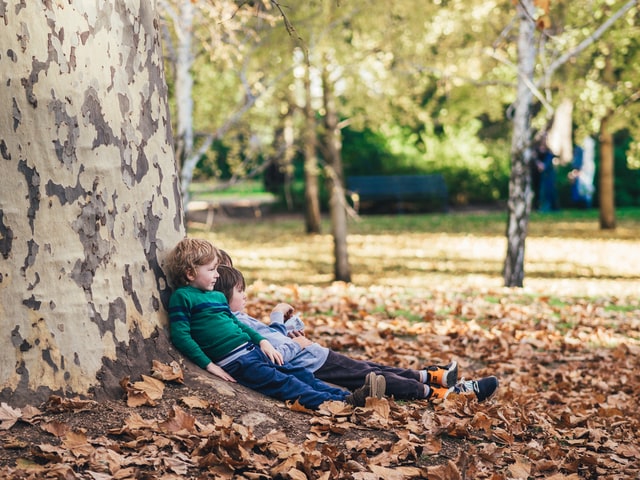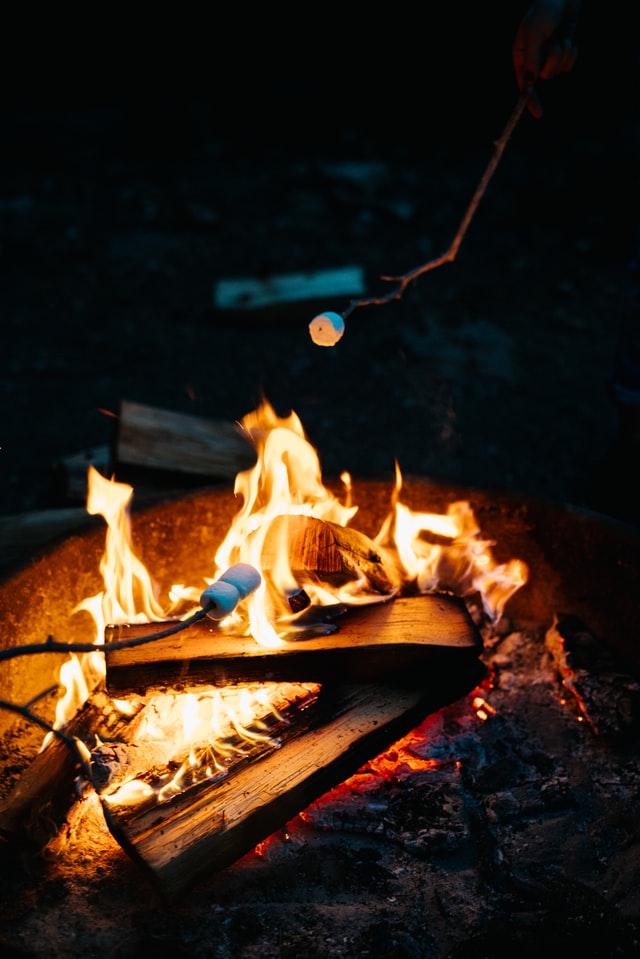Nature can help both children and adults. A family camping trip is a great idea if your family is growing. Nature provides children of all ages with a full sensory experience including lighting campfires, admiring star-strewn skies at night, digging in the dirt, and listening to owl calls.
The trip will also help them appreciate and connect with their natural environment early on, paving the way for a better tomorrow. But it won’t be a bed of roses if you don’t plan ahead of time. The much-anticipated memorable experience can quickly devolve into a nightmare, with your children requesting wanting to return home due to one or more issues, such as mosquito bites, boredom, disturbed sleep, hunger, or a cold.
In what follows are 5 helpful tips to make your family trip more enjoyable to avoid such stressful situations.

5 Camping Suggestions for Families with Young children
1. Prepare in advance
You can avoid stressful situations by planning ahead of time for a family camping trip. Choose a family-friendly campsite based on your destination. The site should be dry, wind-protected, and close to amusement parks and playgrounds.
The needs of your family should also guide you in selecting the best campgrounds. Do you want the kids to be able to enjoy the outdoors while they’re out there, or do you want them to have access to modern amenities? Start with a more convenient location and work your way out to more remote, adventurous areas on subsequent trips. If you still want to go dispersed camping, think about getting a pop up shower tent. This will give you and your children immediate access to a private bathroom and potty facilities.
When making plans, don’t forget about your children. Ask them what they want to do and see during the trip so you can choose a destination that meets their needs. Other families’ recommendations can also help with the planning process.
2. Pack the essentials for your family
There’s nothing more annoying than realizing you’ve forgotten something important while already at your campsite. To avoid leaving anything out, make a camping checklist that will allow you to easily tick off everything you want to bring with you.
Here are some ideas to help you along the way:
Camping gear
Organize your camping gear, starting with the right size tent for your family. Consider renting a couple of smaller tents or a multi room tent if you have a large family with a variety of ages. Setting up a large tent can be challenging, especially if you are unfamiliar with the process. However, practice setting up your tents at home before heading to your campsite. A blackout tent is worth considering if you frequently wish you could get a better or longer night’s sleep while camping.
It is also necessary to bring sleeping bags and camping utensils. To save time at the campsite searching for your essentials, organize your supplies as you place them in cardboard boxes or clear plastic bins.
And for when it gets dark, you can’t forget the most essential and fun piece of gear: a headlamp!
Bring the foods and snacks that your children enjoy
It will be difficult to keep the kids focused on other activities if they are dissatisfied with the food and snacks provided while camping. Involve your kids in menu planning and packing. Make ready-to-eat snacks a primary focus so that they can then eat something whenever they get hungry while traveling or camping.
These food options should also be easy to prepare and clean up after.

For entertainment, bring along favorite toys
Though you should keep toys to a minimum, having some on hand will ensure that the kids are never bored. Pack toys that will complement outdoor activities while also entertaining the kids. Consider the following toys:
- Binoculars
- Balls
- Squirt cannons
- Magnifying spectacles
- Water pens and coloring books
- Games with cards
- Bubbles
- Case for catching bugs
To reduce stress, make sure your tent has a children’s play area or consider pitching a separate tent for them to play in. This saves you time and effort cleaning up toys before the kids go to bed.
Prepare for the weather and activities by bringing appropriate clothing
Before going to your campsite, double-check the weather forecast. Understand the high and low temperatures and pack appropriately. Dress the children in layers so that they can remove or add clothing as the temperature changes. Bring rain jackets in case it rains, as well as enough blankets and sleeping bags to keep them comfy at night. It is important to remember that if children have a bad night’s sleep, they will not have a good time the next day.
Other important supplies include:
- First-aid kit with everything you need
- Lotion that repels insects
- Mineral sunscreen that is also anti-bug
- Drinks and water
3. Research on activities to make sure kids don’t get bored during the trip
The activities you plan to do may decide if your children enjoy the experience. Based on your scheduled activities, the camping site you pick must have all the amenities you’re looking for. Kids get bored easily when they’re just sitting around the campsite, so plan a variety of activities to keep them engaged.
Consider the following enjoyable campsite activities:
- Easy nature trails to hike
- Collecting firewood and building fires with children
- Having the kids help set up the tent
- Allowing them to assist in the kitchen
- Storytelling around the campfire
- demonstrating how to make s’mores
- Swimming
- Playing in the park
- Make time to teach your children about camping and nature. For example, how to respect wildlife, recognize native living things, and properly dispose of trash.
4. Keep it simple and flexible.
When children become tired, they quickly lose interest. Thus, it doesn’t help force them to see and participate in the planned activities if they’ve reached this stage already. Pace yourself accordingly, and give them some unstructured time to relax and pursue their interests. This way, you can learn what they enjoy doing and concentrate your efforts on that.
Change the routines of your children because you are going camping. Stick to your children’s bedtime routine, no matter how simple it is, to keep them from becoming stressed. Allow them to read bedtime stories, brush their teeth, or put on their pajamas even when camping.
5. Be ready for any obstacles that may arise
You can only plan so much while your children are on vacation, and things can still go wrong. If you want them to enjoy the trip, be prepared for surprises and challenges. Maintain a positive attitude in all situations, and your children will reciprocate.
Be prepared to change your plans if things do not go as planned. For example, if you had planned to go hiking or swimming but it rains, be prepared to change your plans to something less stressful for the kids.
Finally, remember to stay safe. Before going camping, review safety precautions with your children. For instance, they should know what to do if they get lost or if they are camping in remote locations. Start giving everyone a whistle and demonstrate how to use it. To increase nighttime safety, consider using glow sticks.
Summary
Your children’s enjoyment of a family camping trip will be determined by how well you plan and are prepared to change in the event of unexpected challenges and surprises. It all starts with selecting a family-friendly campground, packing the necessary supplies, researching activities that the kids will enjoy, keeping things simple, and maintaining a positive attitude regardless of the circumstances. Use these suggestions to have a fun camping trip with your kids!
About the author:
Name: Ally Mash
Bio: A world traveler and outdoor enthusiast, Ally has spent most of his free time backpacking through South America, Iceland, Vietnam, and Europe. His mission is to get more people in the mindset of protecting our planet by sharing its beauty with fellow adventurers like him on Adventures Pursuit!
Hey welcome to my blog . I am a modern women who love to share any tips on lifestyle, health, travel. Hope you join me in this journey!

Speak Your Mind